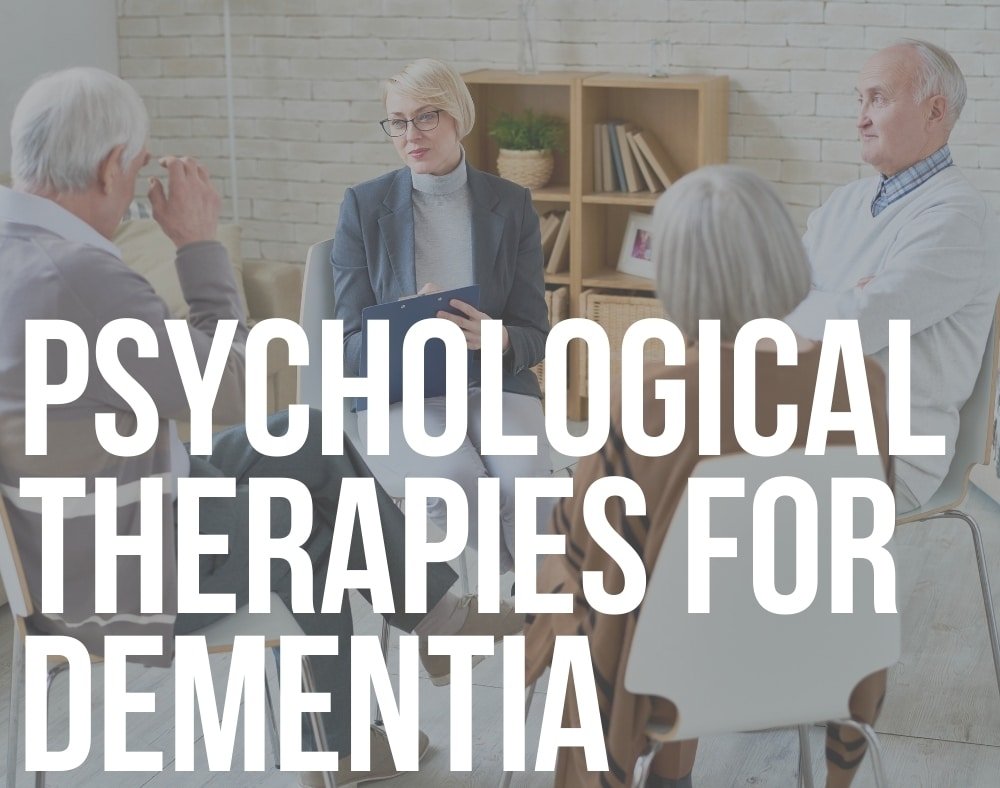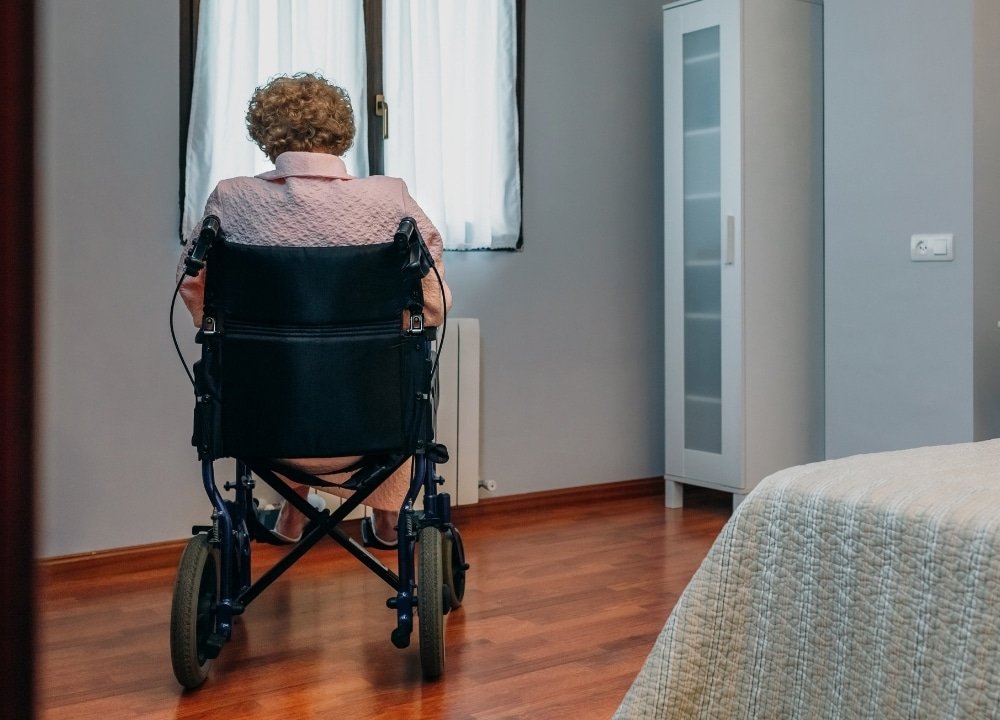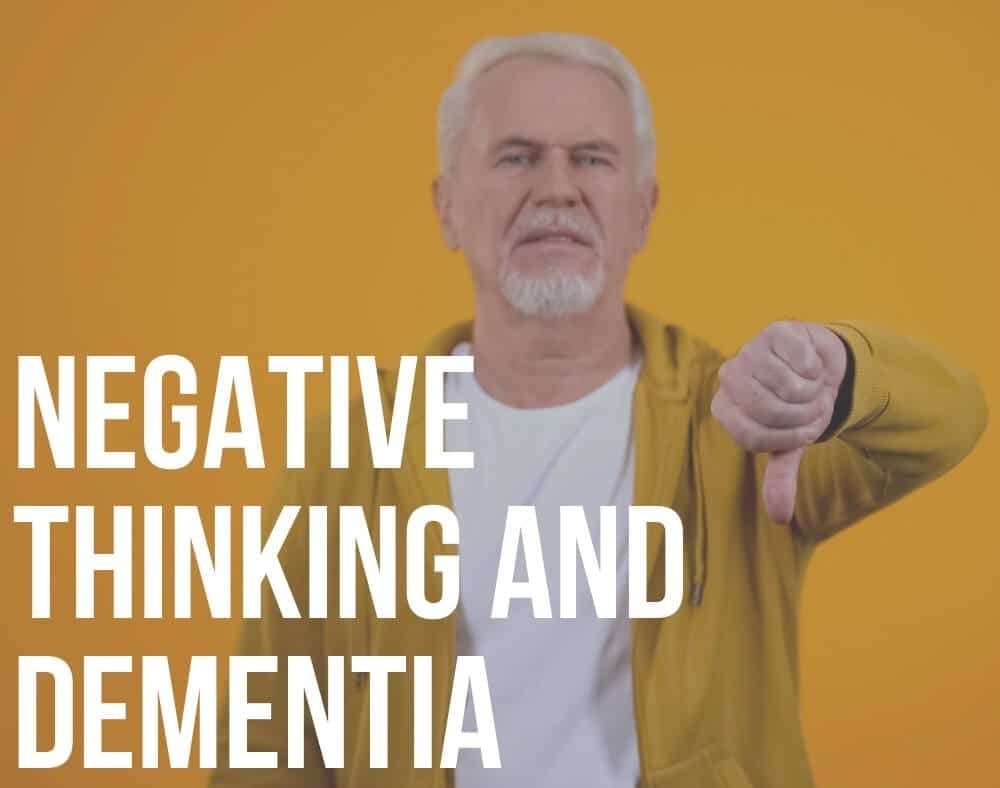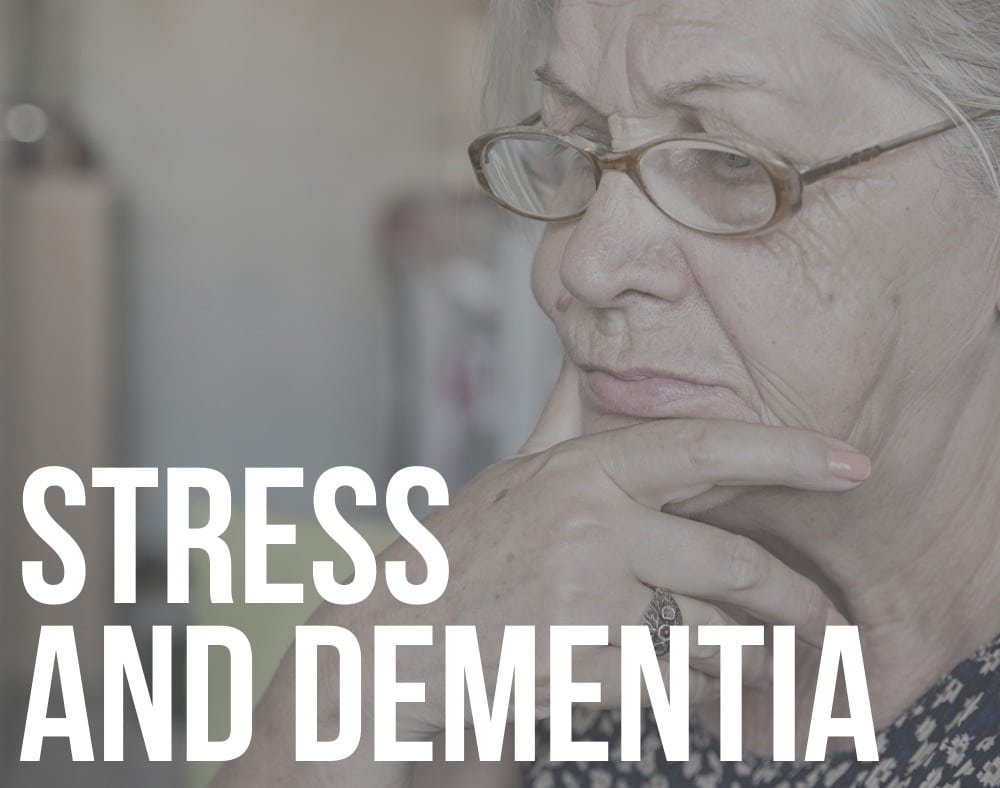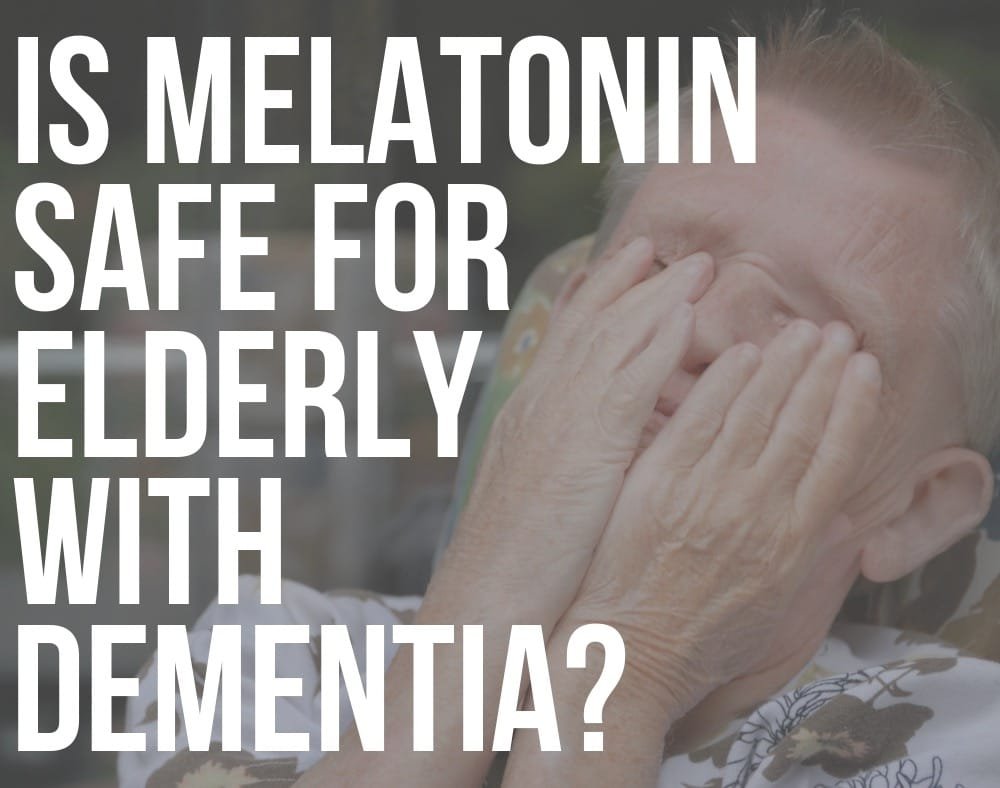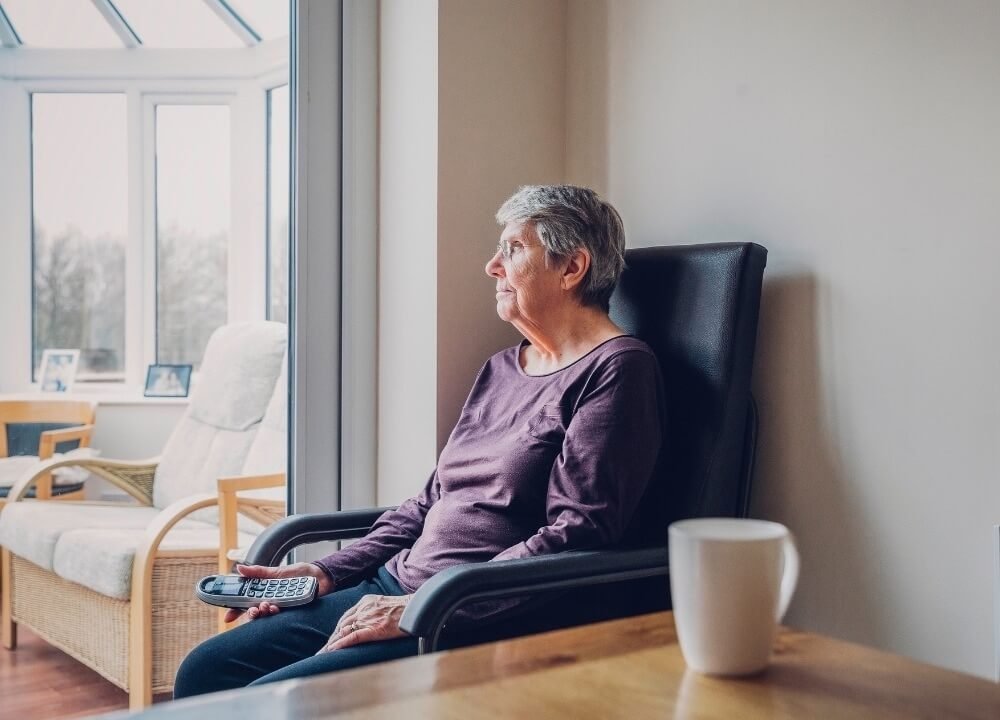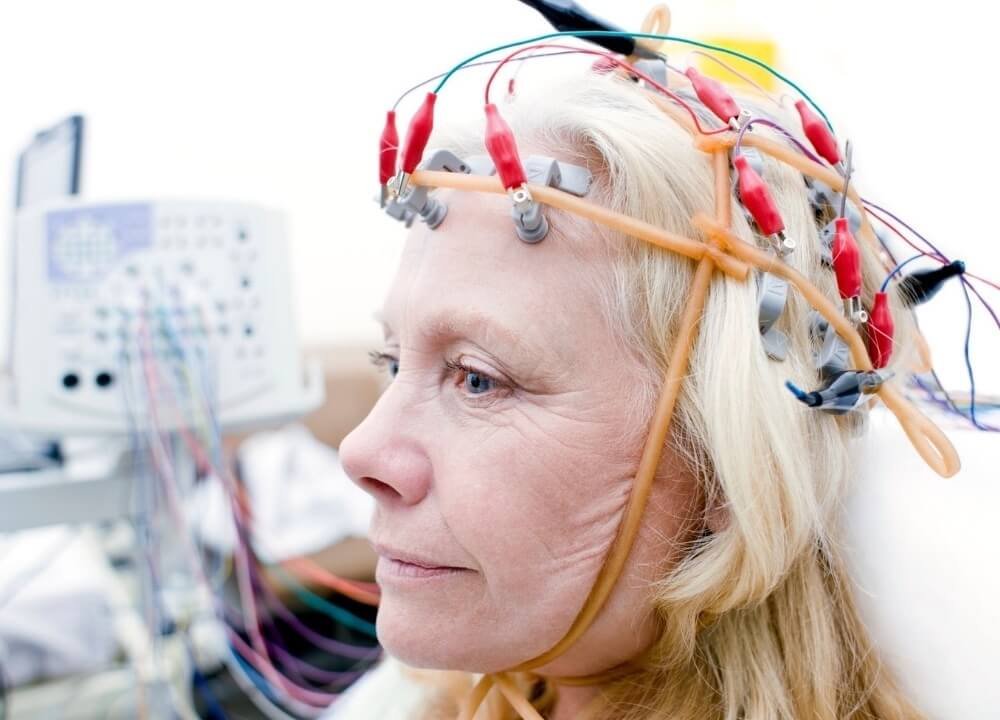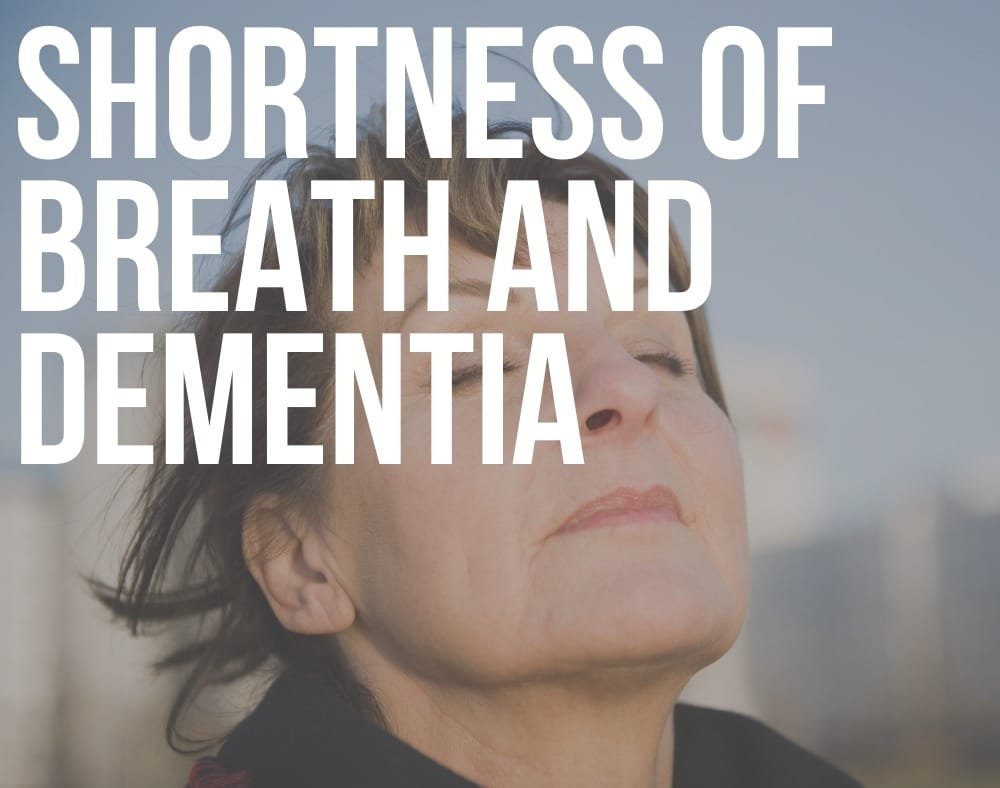After putting it into practice ourselves, we would like to share all the useful information about psychological therapies for dementia.
The National Services Scotland defines psychological therapies as a range of interventions that are based on psychological theory and concepts.
These are designed to help individuals understand and make changes to their behavior, thinking, and relationships to enhance functioning and relieve distress.
Psychological Therapies/Talking Therapies For Dementia
Psychological therapies are also known as talking therapies.
According to the Alzheimer’s Society UK, the therapies are delivered by an expert like a clinical psychologist, counselor, psychotherapist, or psychiatrist.
Individuals can also get some kinds of talking therapies online or over the phone.
The approach of psychological therapies is normally exclusive to a specific individual in a bid to uncover the cause of a person’s problems and the best ways to manage the issues.
Experts agree that talking therapies can help people who are living with dementia.
This is ESPECIALLY TRUE for those who are experiencing the early to middle stages of dementia.
They may not be ideal for people who are in the latter stages of the progressive illness because they often have challenges with their communication, attention, memory, and understanding which are key for the success of the therapies.
When it comes to psychological therapies for dementia, professionals state that they can help affected persons speak about their feelings openly in a safe space.
This includes how they are feeling about their diagnosis and the changes happening in their lives.
It can help persons with dementia adjust well to the new changes and live successfully with dementia.
Psychological Therapies Are Beneficial
Evidence suggests that engaging in talking therapies over several weeks may reduce anxiety and depression in persons who have dementia.
Note that the psychological interventions don’t aim only at persons who are in emotional distress.
They also target at helping persons with dementia and their families adjust to the diagnosis.
A study conducted in America found SIGNIFICANT IMPROVEMENTS in depression and the quality of life after a 9-week intervention.
How are Psychological Therapies for Dementia Used?

The British Psychological Society acknowledges that psychological therapies normally take different forms and can be used to meet different needs under different contexts.
Psychological therapies in dementia are in practice formally or informally.
The structured or formal use of psychological therapies mostly focuses on talking about emotions, feelings, and ways of thinking.
This occurs REGULARLY within a certain contest that draws on a set of hypotheses about an individuals’ challenges that link practice and theory.
This aims to promote changes within the person or the system around them including changes with families and other relationships to enhance a person’s wellbeing.
4 Types of Psychological Therapies for Dementia

There are different kinds of talking therapies that a person with dementia can benefit from.
Some of the primary ones include:
Counseling
Counselling refers to a wide range of talking therapies that may include individual, couples, or group sessions.
It helps individuals get a better understanding of their problems and then come up with ways to manage them.
A professional counselor does not offer a person “answers.” Instead OFFERS guidance and gives time for the individual to look at their problems with the assistance of a professional.
Counseling sessions are important for helping a person cope with life events they find challenging.
Cognitive Behavioural Therapy
CBT (Cognitive Behavioural Therapy) is based on the fact that the way humans think affects how they feel and behave.
This can be useful for persons with early stages of dementia especially in regards to treating anxiety, depression, or stress.
Experts usually have the responsibility of adopting this type of therapy to meet the specific needs of the person with the progressive illness.
This is mainly to help them change thought patterns that lead to unproductive, incapacitating, and unhealthy behavior.
It might include scheduling shorter sessions with memory aids.
If the person with dementia is COMFORTABLE, they can attend sessions with a close relative or friend.
Psychotherapy

Physiotherapy helps people understand how their experiences, personality, and beliefs influence their behavior, feelings, thoughts, and relationships.
It can help a person change the way they behave and think.
Additionally, it can also help them deal with difficult situations and problems more successfully.
For persons with dementia, psychotherapy can help people with the illness feel less anxious and depressed.
It can help them COPE BETTER with the condition and maintain a good quality of life.
Humanistic Therapy
This is another example of psychological therapy for dementia. It is an approach that looks at how people’s worldview affects the choices they make particularly if the choices end up causing distress.
It mostly bases on the belief that an individual has in understanding their needs and experiences.
Therapists help people work towards living their most fulfilling lives by being their true selves.
The professionals do not direct the sessions but they actively listen to individuals and only step in when it is necessary.
This is great for addressing self-esteem issues, depression, difficulty coping with chronic health concerns, effects of trauma, substance use disorder, and feelings of being lost in life of worthless signs that people with dementia face.
Finding a Good Therapist

Keep in mind that all psychological therapies for dementia must be carried out by a trained professional.
The person with the illness should also feel comfortable with their therapist for the sessions to be a success.
Before settling for a therapist, there are a few things to look out for and these include:
- The professional should have accreditation by a relevant professional body.
- The expert must abide by a professional code of ethics.
- The therapist needs to have regular supervision to ensure their practice is ethical and safe.
- The professional must explain their fees, confidentiality, approach, responsibilities, and length of sessions before they start working.
We can find a therapist through referrals from relatives, friends, or general physicians.
It is wise to identify several professionals and interview them to find a great match.
Some of the questions to ask when choosing a therapist include:
- If the professionals accept insurance
- How much it will cost
- Appointment hours
- Areas of expertise and treatment approach
- Experience
- Whether they offer virtual appointments
Closing Remarks
As the dementia population continues to increase professionals are looking into developing more programs that help affected people, their relatives, friends, and caregivers deal with the effects of the illness.
One of the interventions that are showing promise has got to be psychological therapies for dementia.
It is crucial to talk about the interventions with an individual’s general doctor before choosing the ones to explore.
Keep in mind that different people may get different results from different therapies.

